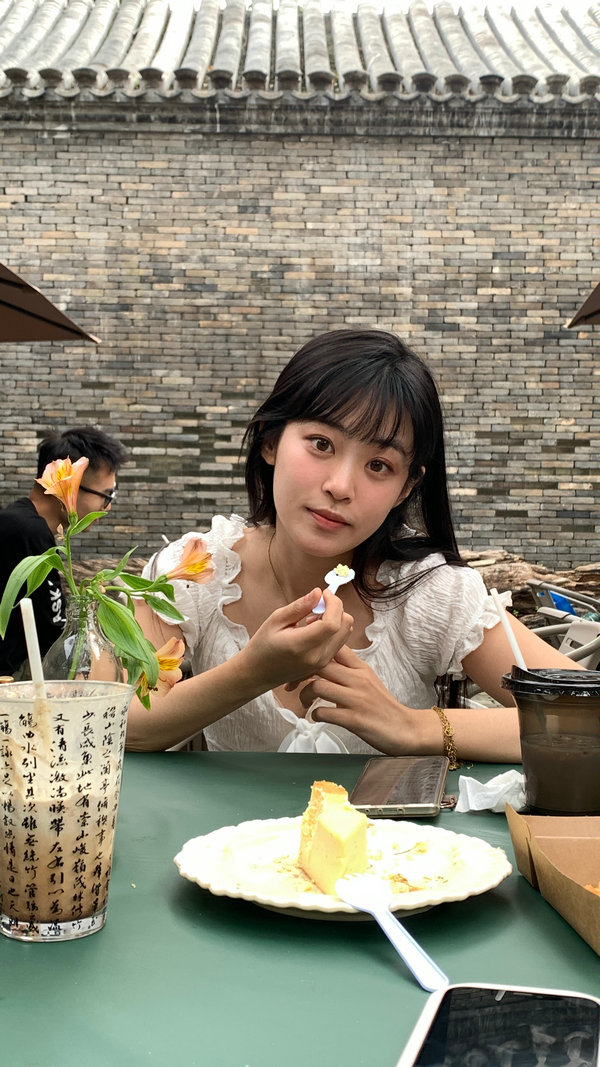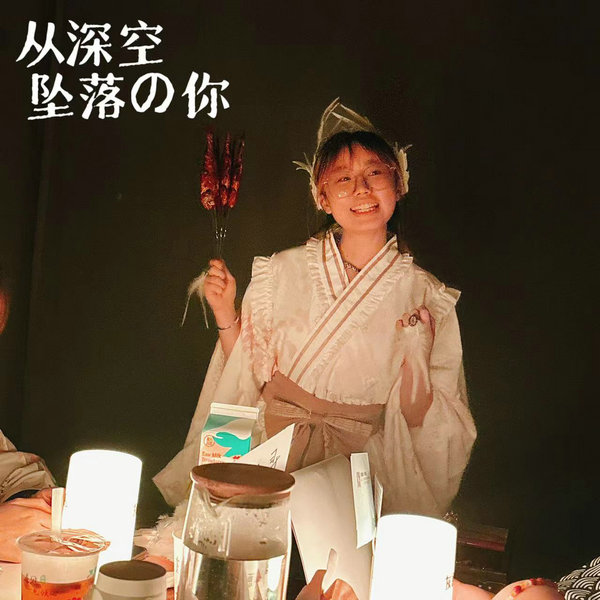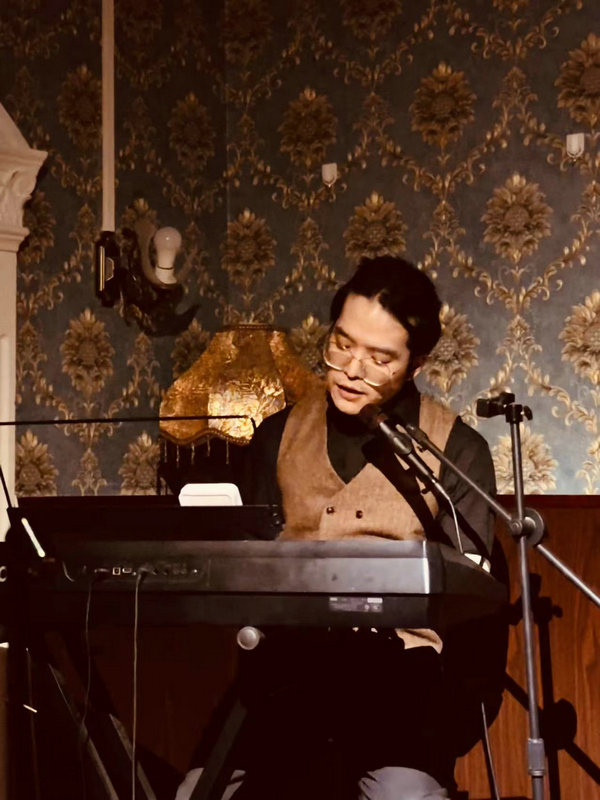Crafting emotionally charged adventures
Scripted murder games evolve into immersive experiences, blending emotion and character depth, shaping compelling narratives for players, Li Xinran reports.


Scripted murder games, known as jubensha in Chinese, have been steadily gaining popularity while continuously evolving into immersive experiences, with one of the most popular genres being those that evoke intense emotions.
According to the scripted murder trading and information platform HEYTIME, games released last year raked in a staggering box office revenue of 3.3 billion yuan, with Love Actually I topping the list at 31.23 million yuan.
Li Yihan, 27, also known by her pen name Tang Yuan, co-authored both Love Actually I and Love Actually II.
She attributes part of the series' success to the blend of quality content and perfect timing. "In the past couple of years, the duration of scripted murder games has significantly increased, from 4-6 hours to possibly over 10 hours. I believe many people are weary of lengthy quests and dramatic emotional swings," she explained. "That's why we created Love Actually I, a 4-5-hour 'dessert' or 'low-alcohol cocktail', so that players can enjoy this lighthearted story even on a weekday evening after work."
Another allure of the Love Actually series lies in the distinctive identities of its characters and their romantic storylines. "My partner and I refuse to accept that the world is dull and serious. I still hold onto the hope of receiving my Hogwarts admission letter someday. We aimed to infuse these sentiments into our works," Li said.

In Love Actually II, the authors incorporated a space for intellectual discussion, a feature that resonated deeply with Shen Hang, a passionate enthusiast of scripted murder. Shen, 27, expressed her love for scripted murder, emphasizing the chance it provides to inhabit various lives, from people of diverse backgrounds in the past to futuristic personas.
"In Love Actually II, I portrayed a very distinctive character with a captivating love story. Throughout the 7-hour gameplay, I underwent a journey of questioning my existence and the world around me, ultimately leading to self-acceptance. It was a meaningful and touching experience," Shen said.

Another notable author, Wu You, 26, known by her pen name Younan, wrote The Unfading Hawthorne Forest and its sequel, Hong Mei Hua Xia (Under the Blossom). A unique feature of her works is the flexibility of the Dungeon Master's gender. In most games, the DM is typically constrained to being either male or female, but Wu has crafted her stories in a way that breaks this convention, allowing the DM's gender to remain unfixed, with the aim of dismantling gender stereotypes.
"Certain sentiments or personalities are often perceived as either masculine or feminine by the general public. By introducing flexibility in the DM's gender, I hope players can focus on the characters and the storyline," Wu explained. "In my next production, all characters will be gender-neutral, encouraging players to explore love and dynamics freely."
As authors craft the scripts, the DM guides players, turning the scripts into immersive gaming experiences.

Xu Yao, 24, a full-time DM who entered the industry after graduating from college, believes that regardless of the game genre, the DM serves as the bridge between the author's vision and the players.
Before presenting a new script to customers, Xu's team usually conducts at least one test run among staff members to ensure its quality and smooth operation.
One of their most popular scripts, About Me Being a Killer, underwent several adjustments to enhance the cinematic experience, including lighting, choreography, and accents for non-player characters.

Yu Tao, 37, views each scripted murder game as a stage for performance. "Like actors, an exceptional DM must possess a distinctive style or skill set," he said.
Yu achieves this by reimagining lesser-known scripts, crafting them into his unique versions. "Instead of starting from scratch, I prefer to see my role as refining a promising script into an enjoyable gaming experience."
In the script Qian Fo Meng (Dream of a Thousand Buddhas), which revolves around historical and cultural relic protection, Yu integrated silhouette acting behind a screen, evoking a dynamic experience akin to moving Dunhuang murals.
"I also introduce questions that reference previous plots or details, aiming to evoke guilt or other emotions. It's all about stirring emotions, whether positive or negative," Yu explained.
Xu noted that script modifications may also cater to regional preferences, acknowledging the diverse tastes found across different regions. From an author's perspective, Wu welcomes and supports reasonable modifications. "I understand that player preferences may vary by region or even by store, and DMs need to adapt their characters accordingly," Wu acknowledged.
However, when it comes to delivering a spectacular scripted murder experience, Yu believes it primarily depends on the quality of the script, followed by the players, and finally, the DM.
Li echoes this sentiment, emphasizing the importance of surprising twists and a cohesive, emotionally resonant narrative. "As a player myself, what draws me to scripted murder scenarios isn't the abundance of non-player characters or the refreshments provided during the game, but rather the stories themselves," Li said. "In our next production, we aim to continue providing unexpected yet logical twists while delivering a story that resonates emotionally with our audience."
"For me, participating in a scripted murder experience is like unwrapping a gift," Shen said. "The elaborate outfits, gourmet food, and DIY crafts are merely fancy wrapping paper. The heart of the experience lies within the script itself. I sincerely hope that in the future, more authors realize this and write stories that are both surprising and logical."




































